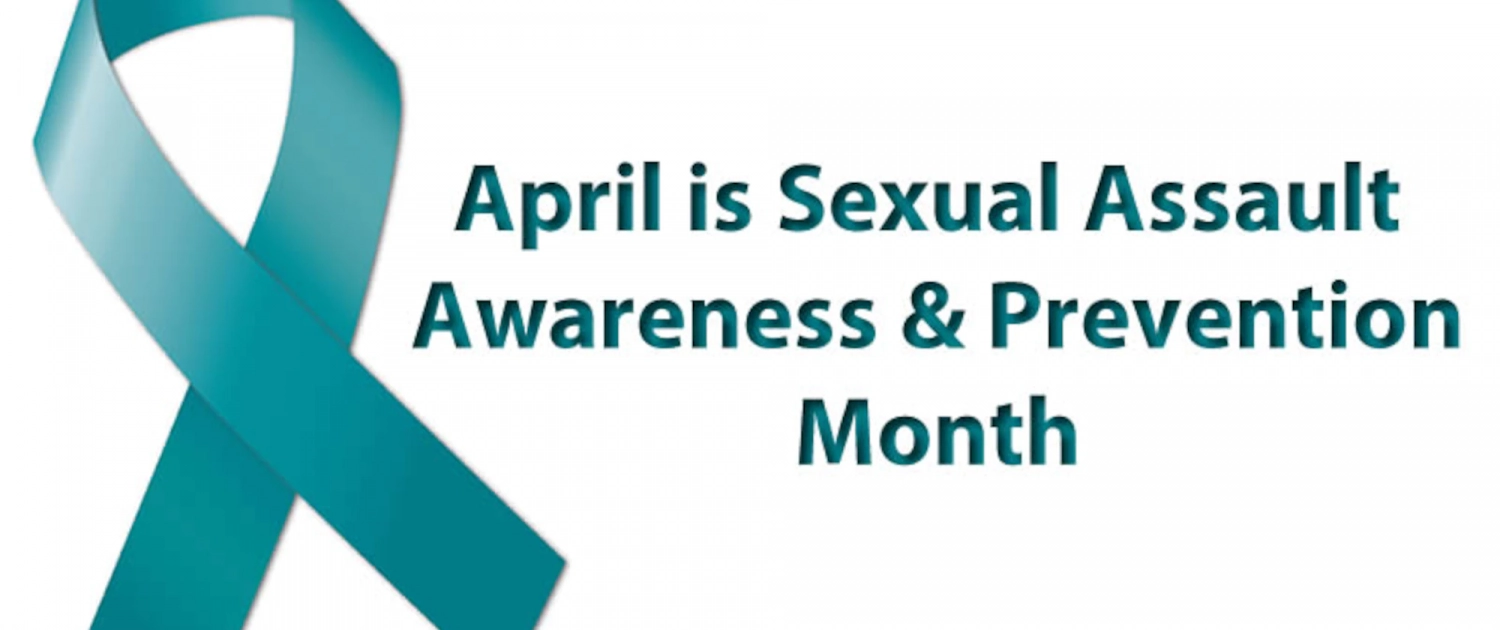The Link Between Homelessness and Sexual Violence
Covenant House New Orleans recognizes the increased risk that those in vulnerable populations face for sexual violence. Even though it is one of the most underreported crimes, statistics show that “one of every five women, one in six men, and nearly half of all transgender people have experienced sexual assault in their lifetimes.” This rate only increases when you narrow the population down to people experiencing homelessness. The Downtown Women’s Center performed a recent study that showed that among women experiencing homelessness, “42% report that they have been sexually assaulted in their lifetimes, and 27% have experienced sexual assault in the last year.” Youth experiencing homelessness are also often subjected to sexual abuse. “Over 33% of homeless or precariously housed youth (ages 13-25) reported experiencing child sexual abuse prior to being homeless, and 13% reported experiencing sexual assault since becoming homeless.” Those who are LGBTQ+ are even more likely to experience sexual violence and homelessness than their heterosexual, cisgender peers. A 2015 U.S. Transgender Study revealed that “47% of transgender people are sexually assaulted at one point in their lifetime.”
Within New Orleans and Jefferson Parish, approximately 1,314 people are homeless on a given night. David Bottner, CEO of the New Orleans Mission, states that “Of the homeless women in New Orleans, 92 percent have been abused sexually or physically.”

Sexual Violence is often a precursor to homelessness due to many sexual assault cases happening to survivors near or within their own homes. Survivors may need to relocate if the person who sexually assaulted them knows where they live or lives with them. A study done by the U.S. Department of Justice showed that “more than 50% of all rape/sexual assault incidents were reported by victims to have occurred within 1 mile of their home or at their home.” Survivors are often left with two options, either to stay in the place of violence or leave and potentially become homeless.
Providing access to safe and affordable housing can help be a protective factor against sexual violence in vulnerable communities, while also mitigating rates of homelessness. It is also necessary to create an inclusive environment at shelters where people of all identities can feel safe while getting help. Staff must be trained to be able to respond in a trauma-informed manner to provide survivors with the utmost respect and care they deserve.
Resources and data
How you can help
For more information please contact volunteernola@covenanthouse.org.



